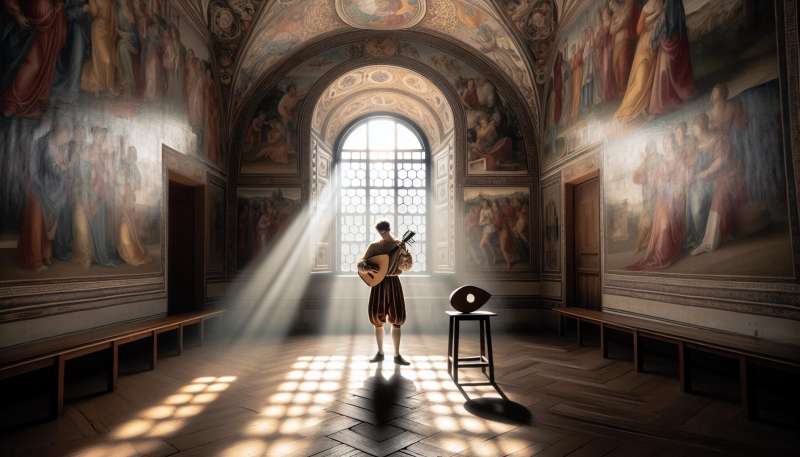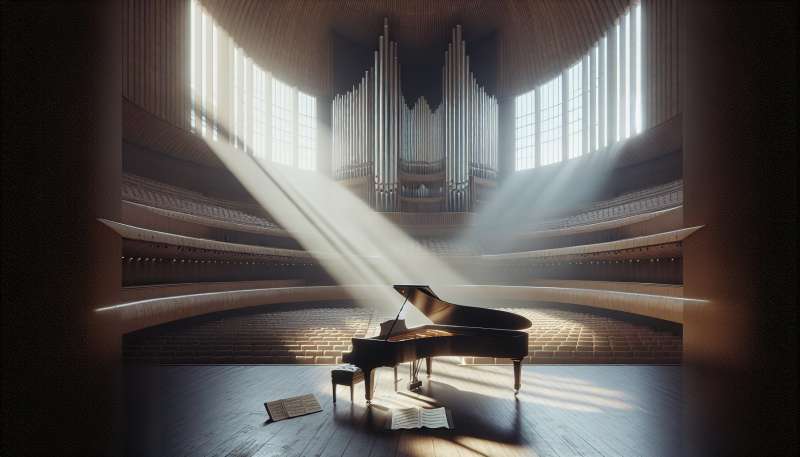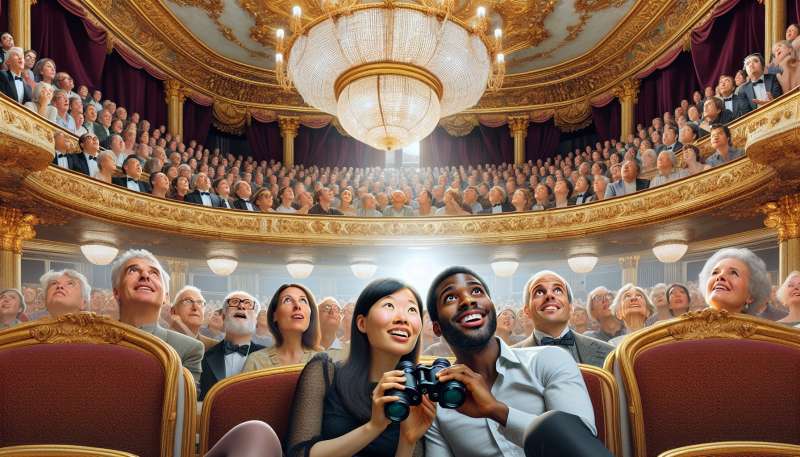
Opera's Intriguing Origin
Opera began in Italy around 1600 as an attempt to revive the drama of ancient Greece. The Camerata, a group of Florentine humanists, musicians, poets, and intellectuals, were pivotal in its creation.
The First Opera Masterpiece
Claudio Monteverdi's 'L'Orfeo' premiered in 1607, is considered the first operatic masterpiece. It fused together dramatic narrative, orchestral music, and the ancient Greek myth of Orpheus and Eurydice.
Opera Spreads Across Europe
By the 18th century, opera had taken Europe by storm. Each country developed its own style; Italian bel canto, German Singspiel, French opéra comique, and English ballad operas.
Wagner's Operatic Innovations
Richard Wagner revolutionized opera with his concept of 'Gesamtkunstwerk,' a 'total work of art' that synthesizes music, poetry, drama, and visual spectacle. His Bayreuth Festspielhaus was custom-built for this experience.
Opera's Hidden Language
Operatic scores contain a 'hidden' stage language, with specific musical phrases indicating actions, emotions, or atmospheric conditions, guiding both performers and audience through the narrative.
Metropolitan Opera Milestone
New York's Metropolitan Opera, opened in 1883, became a leading opera company globally. It was the first to feature simultaneous translations using seatback titles, enhancing accessibility to non-Italian speakers.
Famous Opera Ghost Myth
Paris' Palais Garnier inspired the legend of an 'opera ghost,' leading to Gaston Leroux's 1910 novel 'The Phantom of the Opera.' The story, while fictional, is rooted in the opera house's mysterious underground lake.
What sparked opera's creation in Italy?
Ancient Greek drama revival
Baroque art movement
Renaissance architectural styles
Company